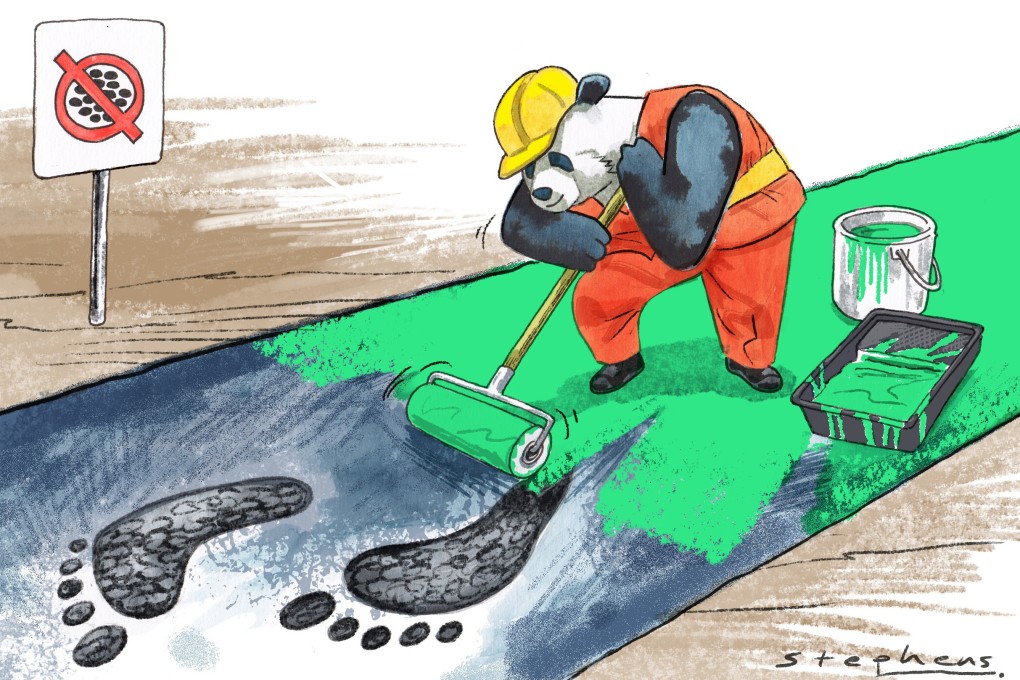Opinion | To make Xi’s clean energy vows a reality, China must strengthen its ‘green’ belt and road and overseas coal ban
- Beijing can build on its ambitious vision for the belt and road by offering technical guidance on renewable energy, more financial resources and international cooperation – a role unfortunately mired in geopolitics
- It should re-examine its overseas coal power ban, which still allows plants under construction to continue

But the attention on this eclipsed much of the rest of Xi’s speech at the UN, and in particular, the first half of the sentence that ended with the coal ban: “China will step up support for other developing countries in developing green and low-carbon energy”.
One year later, where does Xi’s commitment to support more green and low-carbon energy and not build new coal plants in developing countries stand? For a start, an ambitious vision for a green and low-carbon Belt and Road Initiative, codified in policy, is starting to emerge.
Mere months after Xi’s announcement, 15 planned coal power plants with Chinese finance or construction services were cancelled. This was partly due to Chinese institutions adjusting their overseas operations to fall in line with Xi’s energy commitments, though credit should also be given to host countries such as Vietnam, which updated their energy plans.

